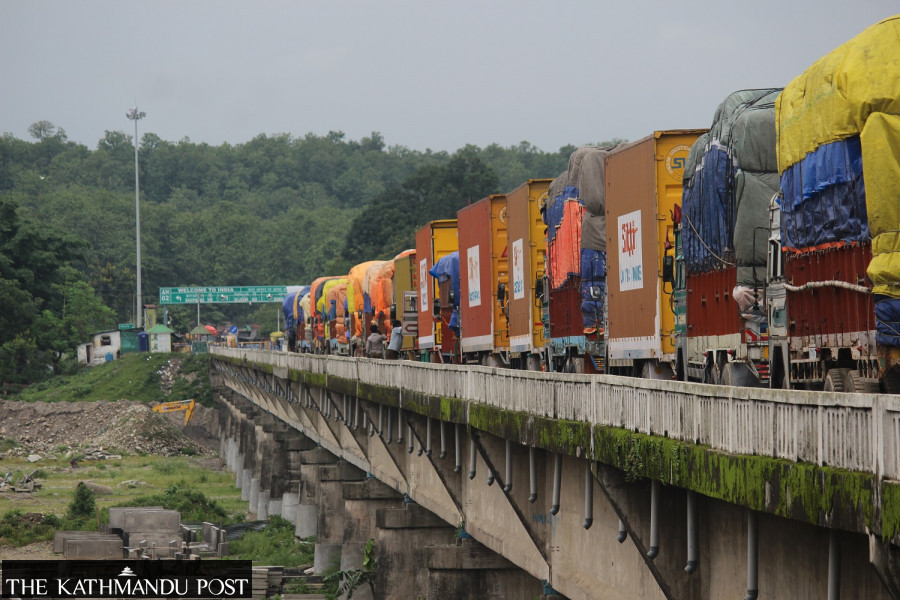Money
Import restrictions on ‘luxury goods’ extended till mid-December
The private sector has been continuously requesting the government to lift the ban.
Post Report
The government has continued the restriction on the imports of some goods, which it considers luxury, for another two months, as the depleting foreign exchange reserves continue to worry policymakers.
The temporary ban will be in place for automobiles, mobile phones costing more than $300, liquors and motorcycles above 150cc until December 15, according to Friday’s Cabinet decision.
Urmila KC, joint secretary at the Ministry of Industry, Commerce and Supplies, said they had recommended continuing the ban on listed goods to conserve the foreign exchange reserve.
The cabinet on Friday made the decision at the recommendation of the Ministry of Industry, Commerce and Supplies.
Gunakar Bhatta, spokesperson of Nepal Rastra Bank, said allowing imports of luxury goods may put pressure on foreign exchange reserves. “We are still not in a comfortable position.”
The foreign exchange reserve declined to $9.42 billion in the first month of the current fiscal year ended in mid-August from $9.54 billion the previous month, Bhatta said.
On August 30, the government lifted import restrictions on diamonds, large television sets, toys, cards, snacks and tobacco among 10 restricted goods. It, however, continued the ban on import of automobiles, mobile phones, liquor and motorcycles.
An embargo on 10 types of products deemed as “luxury goods” was in place since April 26.
On July 17, the Nepal government extended the embargo till August 30.
When the ban was first imposed in April, the government prohibited imports of mobile sets worth over $600 and motorcycles with a capacity of over 250cc.
Harsher restrictions followed and mobile sets costing more than $300 and motorcycles with a capacity of more than 150cc were banned.
According to the Department of Customs, Nepal’s imports in the first two months of the current fiscal year (ended mid-September) declined by 13 percent to Rs273.59 billion as compared to the same period in the last fiscal year.
According to Nepal Rastra Bank, the balance of payment remained at a deficit of Rs22.63 billion in the first month of the current fiscal year. Based on the imports of the first month of 2022-23, the foreign exchange reserves of the banking sector are sufficient to cover prospective goods imports of 9.4 months, and goods and services imports of eight months, said the central bank.
The private sector has been continuously requesting the government to lift the ban, especially the automobile sector that contributes a lot to revenue-generation.




 14.24°C Kathmandu
14.24°C Kathmandu














